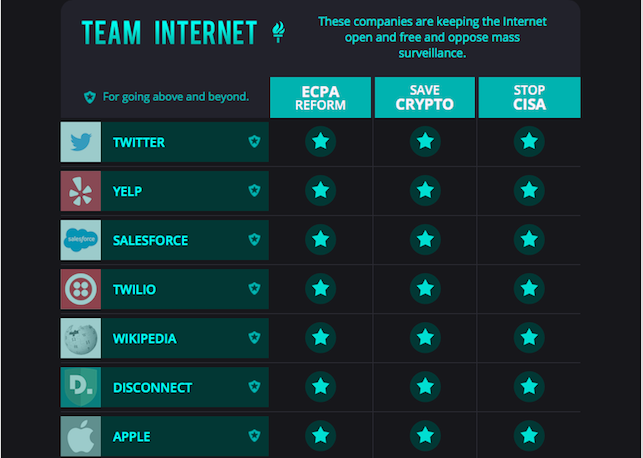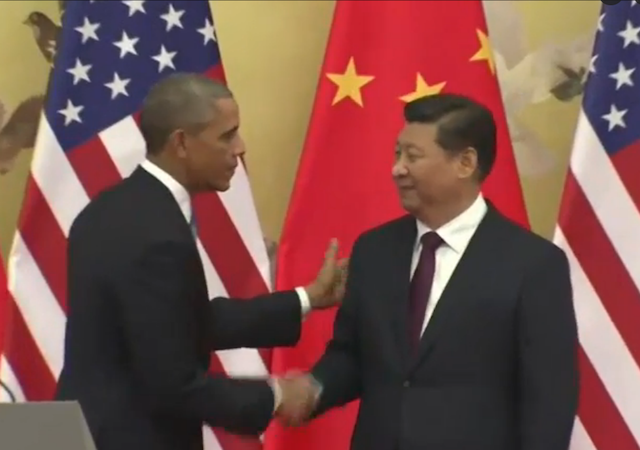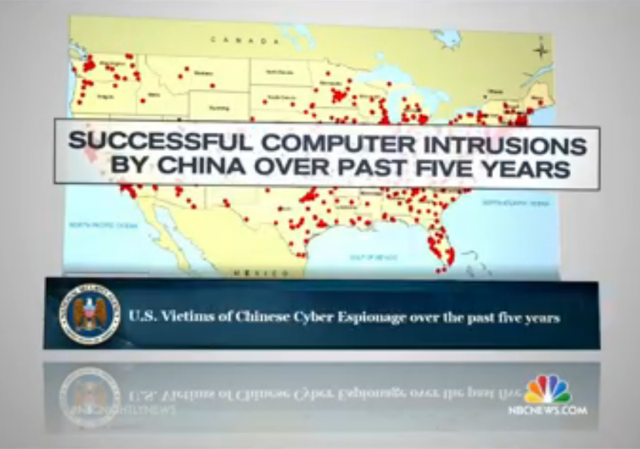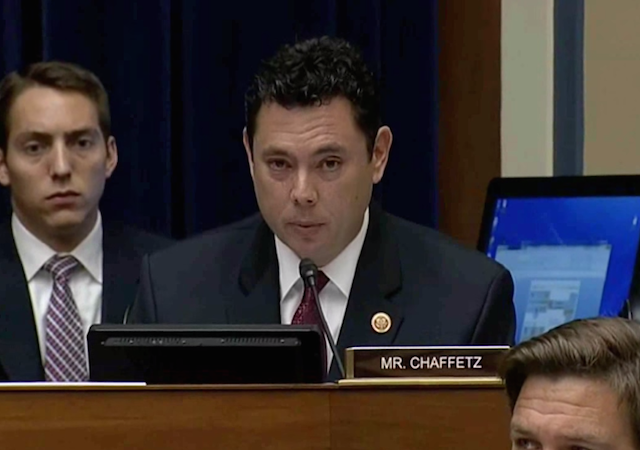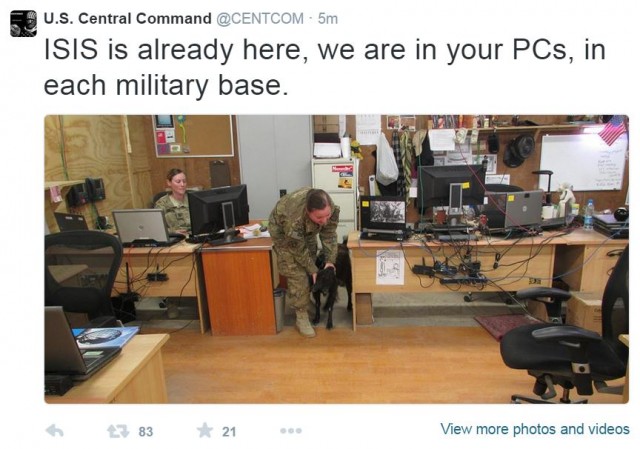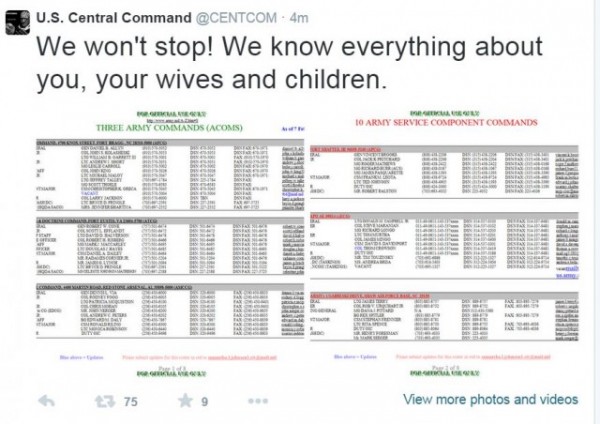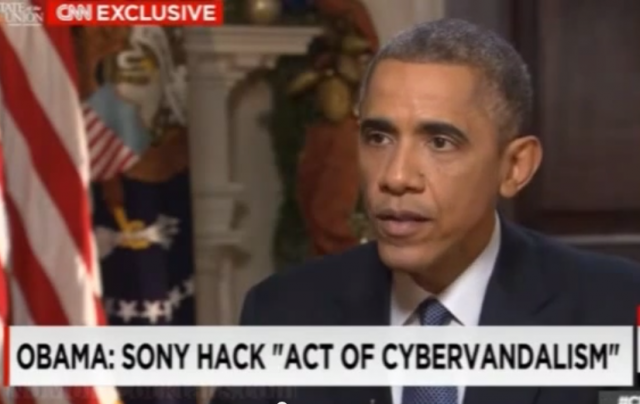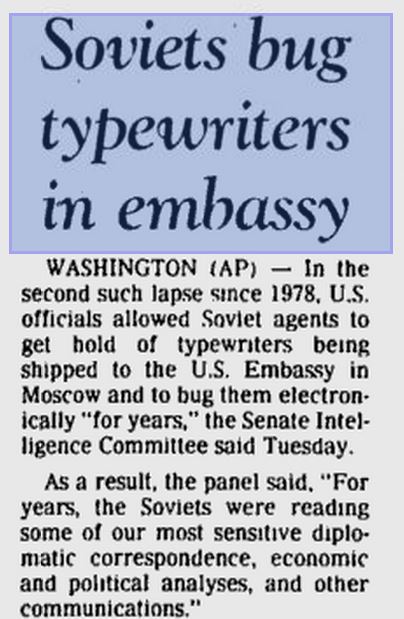U.S. Congressman Warns of Data Breach ‘You Haven’t Heard About’
on January 27, 2016
10 Comments
A security breach discovered at a California-based software and hardware company has many officials worried, including U.S. Congressman Will Hurd of Texas.
Rep. Hurd expressed his concerns over the breach in a Wall Street Journal op-ed explaining that foreign hackers may "have been reading the encrypted communications of U.S. government agencies for the past three years." Juniper Networks provides network equipment and routers to the U.S. government that are believed to be used by the Defense Department, FBI, Justice Department, and Treasury Department.
Foreign hackers may be reading encrypted U.S. government communications, yet... @WSJopinion #cybersecurity #encryption
— Rep. Will Hurd (@HurdOnTheHill) January 27, 2016


